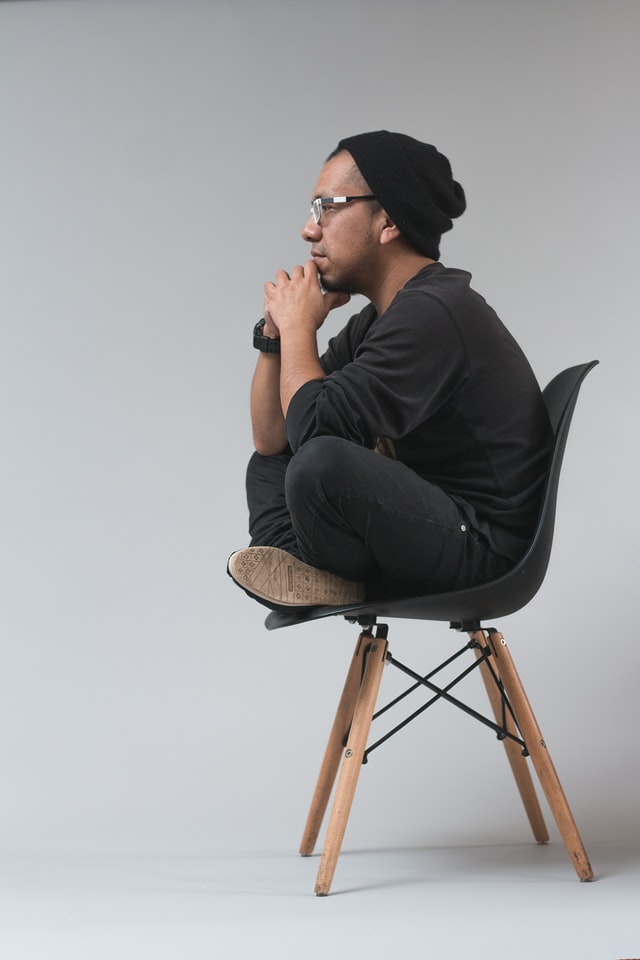Is it just me, or does it seems as if the more we own, the more we desire? The more material possessions we gain and the simpler life becomes for us, the more dissatisfied we become. It’s as if we’re always on the lookout for the next great thing and living in the future—when we’ll finally have it all—rather than in the now. As a culture, the more privileged we grow via technology and our comfortable lives, the more we whine. We fantasize about having more, more, more, and then more.
Table of Contents
Perseverance is a virtue.
To trust the process requires acknowledging but ignoring inner sensations and doubts, which is especially important while pursuing long-term goals. Massive accomplishment requires consistent activity, yet it’s much too easy to get lost in the’messy middle.’ This emerges as a time during which our initial excitement and energy for a new undertaking has waned somewhat and we have yet to see the outcomes we anticipated; we get mired in day-to-day routine.
Let’s look at four ways in which you can trust the process of life.
- Develop Resilience
When confronted with hardship, it might be challenging to believe in the process. “Why me?” thoughts may arise, making you question your abilities to go on. This is the point at which you must put your thoughts on hold. Why aren’t you? Life occurs to everyone, and it is up to us to either rise above our circumstances or to surrender.
If you think that everything is in your control, abandon that narrative immediately. The only constant is change. Individuals who are resilient submit to uncertainty. They recognize that we have very little control over what occurs in life and, as a result, have faith in the process.
- Accept The Unknown
Humans despise all forms of uncertainty. Anything that lacks a sense of security, stability, and comfort is seen as harmful. The reality is that we have no idea what life may throw at us, but if we accept the uncertainty and learn to be comfortable in our discomfort, we will be better prepared for anything.
Jamie Holmes explores the premise that individuals have an innate need to comprehend, make conclusions, and exert control in his book, Nonsense: The Power of Not Knowing. However, if we want to progress personally and professionally, we must act with confidence when confronted with the unknown.
In life, there are no guarantees. Make no predictions about the future. Rather than that, concentrate on what you have control over, which is the current now. By doing so, you will be building your life on a moment-by-moment basis, with no connection to what could be.
- Maintain A Purposeful Attitude
When in doubt, keep your concentration on your objective. Trusting the process is recognizing that setbacks may occur along the path to achievement, but having faith that each lesson will get you closer to realizing your life’s mission. Whether you believe it or not, failure is a positive experience. It demonstrates that you are making an attempt.
When you commit to persistence and perseverance in the face of adversity, the Universe will reward you. I urge you to cultivate a positive attitude and find ways to enjoy each event, good or bad, that brings you closer to fulfilling your mission. According to Andrea Dykstra, “you cannot love who you are if you despise the experiences that shaped you.”
- Develop an Attitude of Gratitude
Our viewpoint on life shapes our feelings and choices. I caught myself ruminating on regrets the other day, which left me feeling exhausted and frightened. As a consequence, I was unable to concentrate on the current good that I was generating.
When I learned that my great friend had just lost her father to cancer, it took me barely a moment to break out of my ruminative thoughts. I gained perspective and felt an overwhelming feeling of thankfulness for my existence at that time. It freed me from obsessing on things I couldn’t alter and reminded me of my blessings.
Gratitude has been linked to a decrease in negative feelings and thoughts, an increase in good emotions and thoughts, a stronger sense of purpose in life, more positive coping, and a higher appreciation of life. Life is much too brief. If you are lucky enough to have freedom and security, be appreciative and aware of when you stray from your path and allow your inner critic to take over.
Conclusion
The idea is to discover the path that is most conducive to your happiness and to make as many stops along the route as possible. It’s important to pay attention to all the positive aspects of our life and to savor them fully in the here-and-now. That will almost certainly result in happiness, rather than waiting for it to come after the objective is accomplished.
Happiness does not come from attempting to accomplish objectives; it comes from understanding that the process, not the end, is what matters, and that the process should not be hurried. Finding happiness requires pausing to appreciate what is around us now, acknowledging that we are alive, that today is all we have, and that the journey is what counts most.
Once you’ve accomplished your objective, take a moment to breathe in the fresh air, rejoice, and give yourself a pat on the back (or something shiny). Whichever way you choose to celebrate, remember that you deserve to take part in at least some of the festivities.

